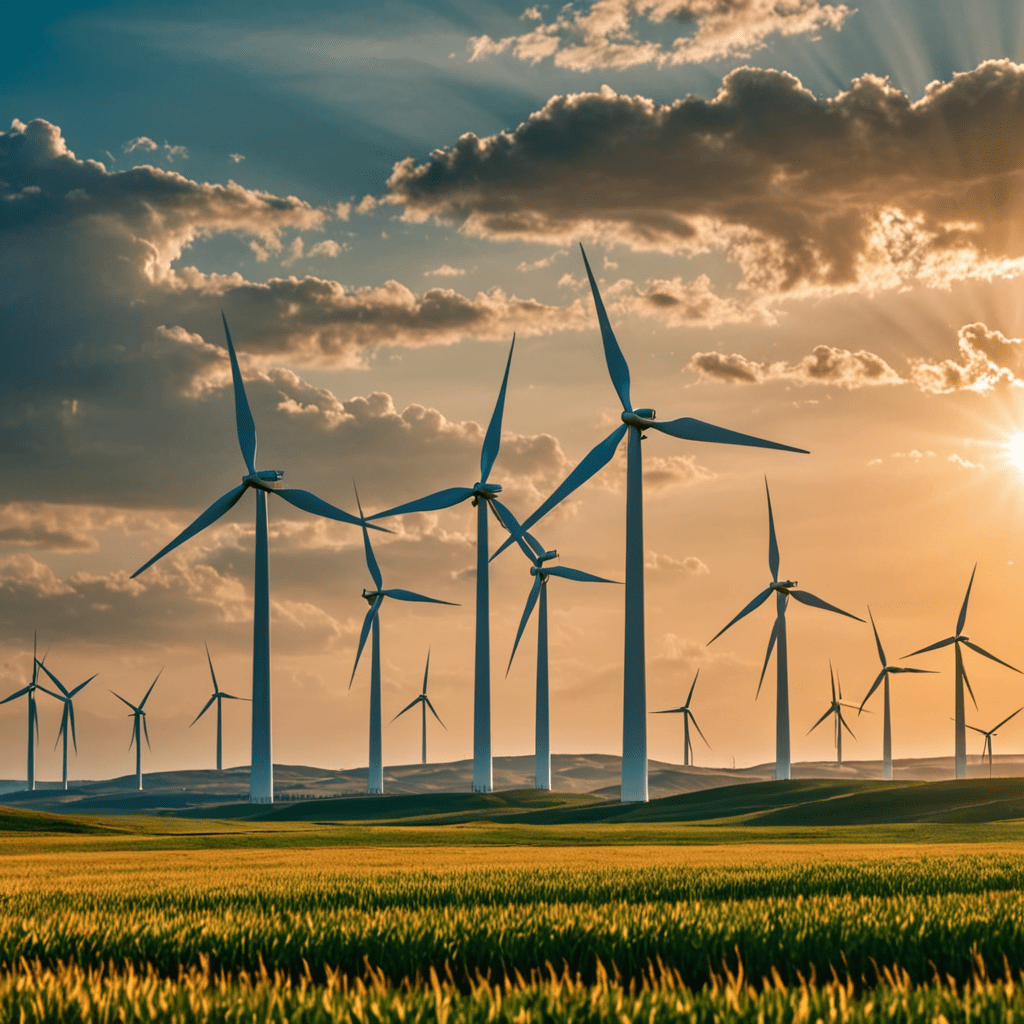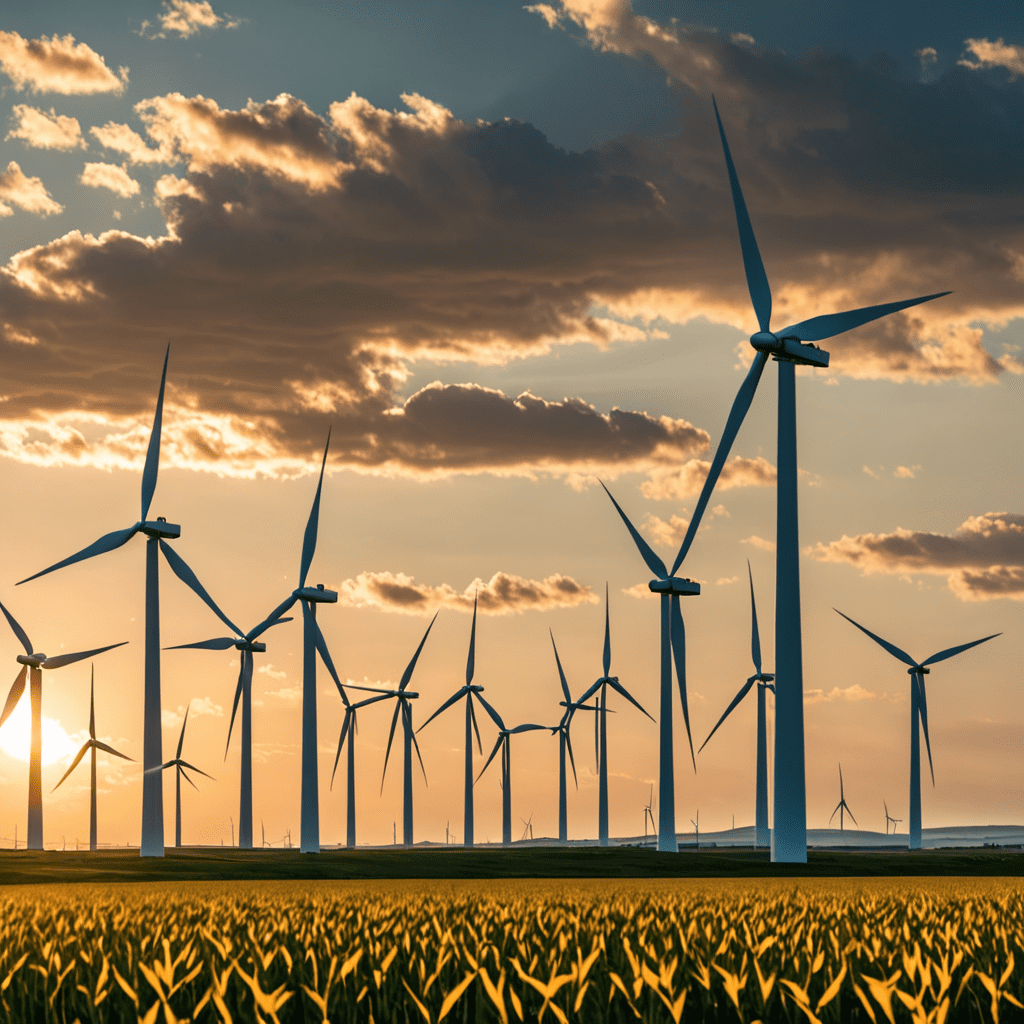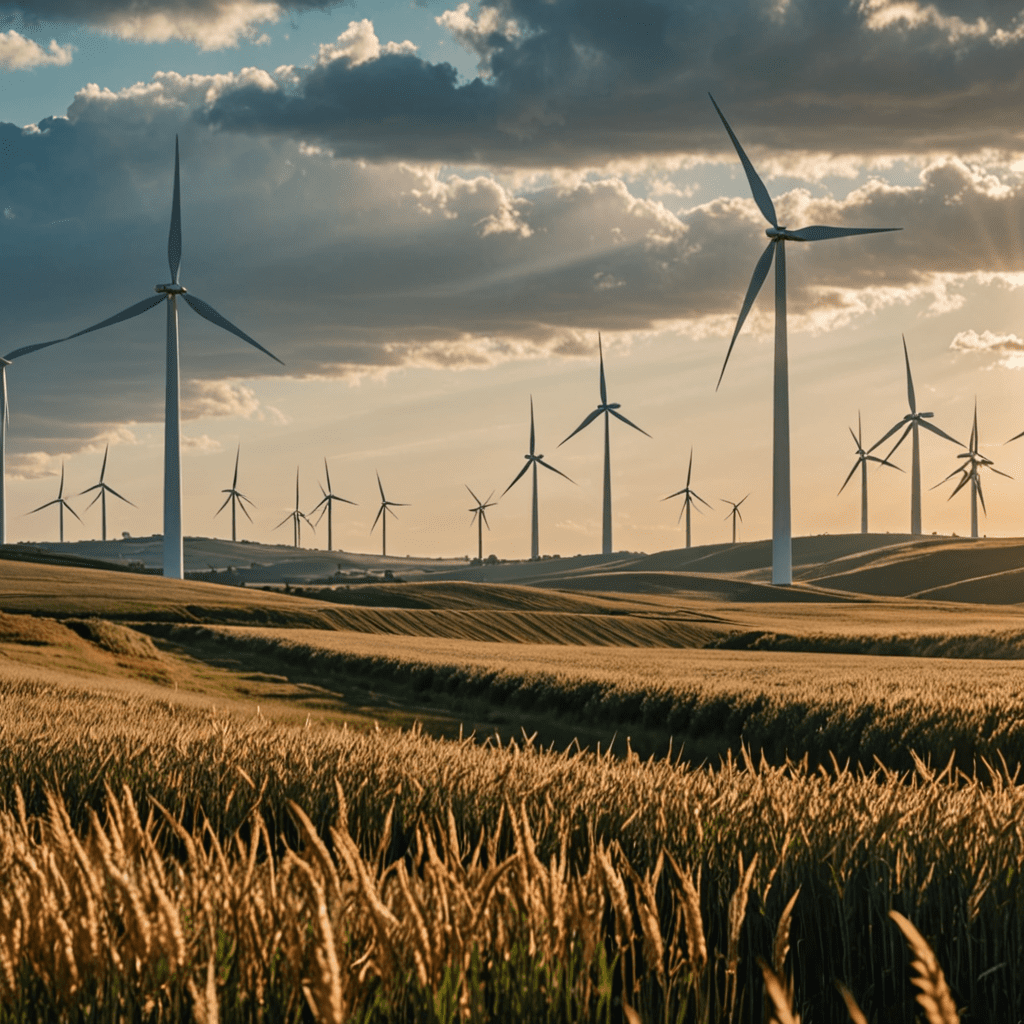Wind Energy’s Impact on Human Well-Being
The Shift Towards Sustainable Energy
In recent years, the global focus on renewable energy sources has intensified, with wind energy emerging as a frontrunner in the quest for sustainability. As the world grapples with climate change and the need to reduce carbon emissions, wind energy presents a promising solution that not only benefits the environment but also positively impacts human well-being.
Clean Air and Health Benefits
One significant way in which wind energy contributes to human well-being is by promoting clean air and reducing air pollution. Unlike traditional fossil fuel-based power plants that emit harmful gases and particulate matter, wind turbines produce electricity without releasing pollutants that can cause respiratory problems, cardiovascular issues, and other health complications.
Job Creation and Economic Growth
The widespread adoption of wind energy also fuels job creation and economic growth in communities that host wind farms. From manufacturing and installation to maintenance and operation, the wind energy sector generates employment opportunities across various skill levels, thereby boosting local economies and enhancing social well-being.
Climate Change Mitigation
By displacing carbon-intensive sources of electricity generation, wind energy plays a crucial role in mitigating climate change. The reduction in greenhouse gas emissions associated with wind power helps limit global warming, preserving ecosystems, biodiversity, and ultimately safeguarding the well-being of present and future generations.
Energy Security and Resilience
Diversifying the energy mix with wind power enhances energy security by reducing reliance on finite fossil fuels and volatile global energy markets. In times of crisis or natural disasters, the distributed nature of wind farms can contribute to resilience by providing a reliable source of electricity, promoting community well-being and stability.
Visual and Noise Considerations
While wind energy offers numerous benefits, it is essential to address potential concerns regarding visual impact and noise from wind turbines. Proactive planning, community engagement, and technological advancements in turbine design help mitigate these issues, ensuring that the positive impacts of wind energy on human well-being outweigh any perceived drawbacks.
Conclusion
In conclusion, the growth of wind energy represents a transformative shift towards a more sustainable and healthier future for both the planet and its inhabitants. By supporting clean air, creating jobs, combating climate change, enhancing energy security, and addressing local concerns, wind energy contributes significantly to human well-being on multiple levels, making it a vital component of our renewable energy landscape.
FAQs on Wind Energy’s Impact on Human Well-Being
How does wind energy impact human health?
Wind energy has minimal negative impacts on human health compared to traditional fossil fuel sources. The noise produced by wind turbines is generally low and unlikely to cause health issues. Additionally, wind energy contributes to cleaner air, reducing respiratory problems often associated with air pollution.
Can wind energy benefit human well-being?
Yes, wind energy can positively impact human well-being in various ways. By reducing greenhouse gas emissions, wind energy helps combat climate change, which in turn promotes human health and quality of life. Additionally, the development of wind energy projects can create job opportunities and stimulate economic growth in local communities.
Do wind turbines have any negative effects on humans?
While wind turbines are generally considered safe, some individuals living in close proximity to wind farms have reported experiencing annoyance due to visual or noise disturbances. However, compared to the benefits of clean energy production, these negative effects are minimal for the majority of the population.
How does wind energy contribute to sustainable living?
Wind energy is a key component of sustainable living as it provides a renewable and clean source of power. By harnessing the natural power of wind, we reduce our dependence on finite fossil fuels, decrease carbon emissions, and work towards a more sustainable future for current and future generations.


